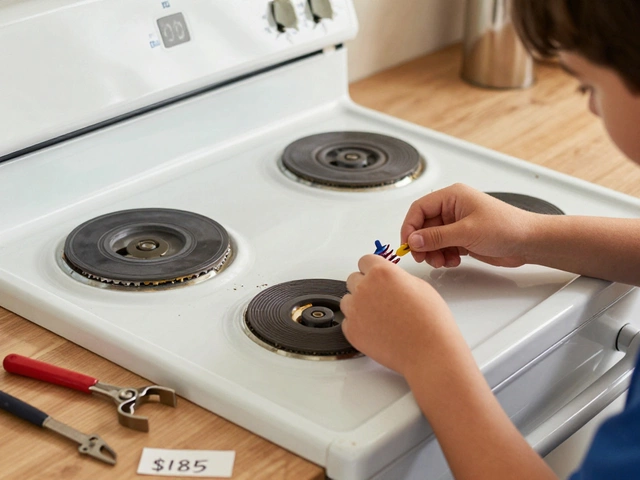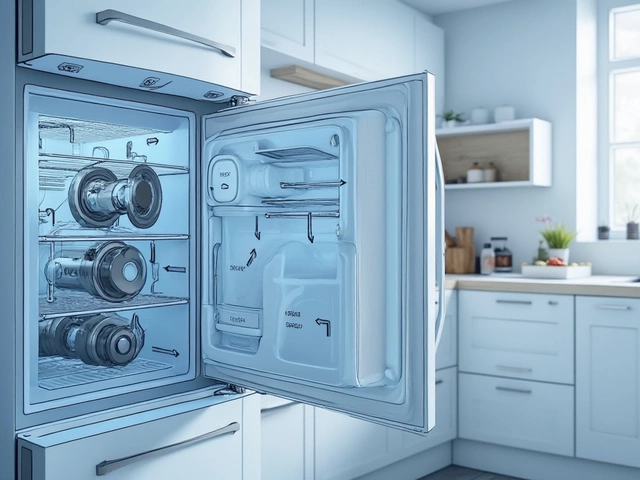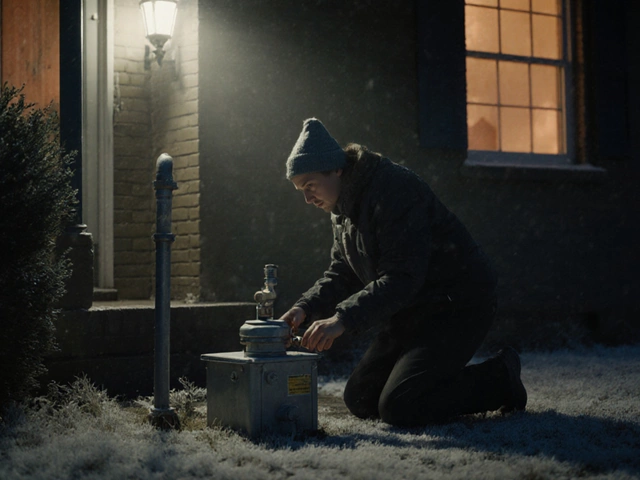Extractor Fans: Repair, Service & Essential Tips
If you’ve ever stepped into a steamy bathroom or a smoky kitchen and wished for fresh air, you already know why extractor fans matter. But many homeowners wonder if those fans need regular check‑ups, how to spot a fault, and whether a DIY fix can save a few pounds. This guide cuts the jargon and gives you clear, practical advice you can use today.
Why Regular Servicing Matters
Extractor fans do more than push air out; they prevent mould, keep humidity low, and stop grease from building up on walls and cabinets. When a fan slows down or makes a rattling noise, it’s usually a sign that dust, grease, or moisture has clogged the motor or the blades. Ignoring the problem can lead to higher energy bills because the fan works harder, and you might end up with costly mould remediation later.
Quick checks every six months can keep the fan humming. Turn off the power, remove the cover, and give the blades a gentle vacuum or wipe with a damp cloth. If the motor feels hot after a short run, that’s a red flag – the bearings may need lubrication or the motor could be on its way out.
DIY Fixes and When to Call a Pro
Most common issues are easy to address with a few tools. A fan that won’t turn on often has a blown fuse or a tripped circuit breaker, so start there. If the fan runs but airflow is weak, check the vent pipe for blockages; a garden hose can push out debris without damaging anything.
Replacing a motor is the next step up in complexity. You’ll need a screwdriver, a new motor that matches the fan’s size and voltage, and a basic understanding of wiring. Disconnect the power, label each wire before you pull the old motor out, and snap the new one in place. Tighten all screws, restore power, and test the speed settings.
When the fan still sputters, makes buzzing noises, or the motor smells burnt, it’s time to call a professional. Trying to force a repair on a compromised motor can be unsafe and might void warranties. A qualified technician can also check the fan’s mounting and ensure the venting complies with building regulations, which is especially important for new builds or major renovations.
Bottom line: regular cleaning keeps most fans running for years, while simple part swaps can extend life without a big cost. Keep a schedule, watch for warning signs, and don’t hesitate to get expert help when the issue feels beyond a quick fix. Your kitchen and bathroom will stay fresh, and you’ll avoid a nasty surprise when the next rainstorm hits.







